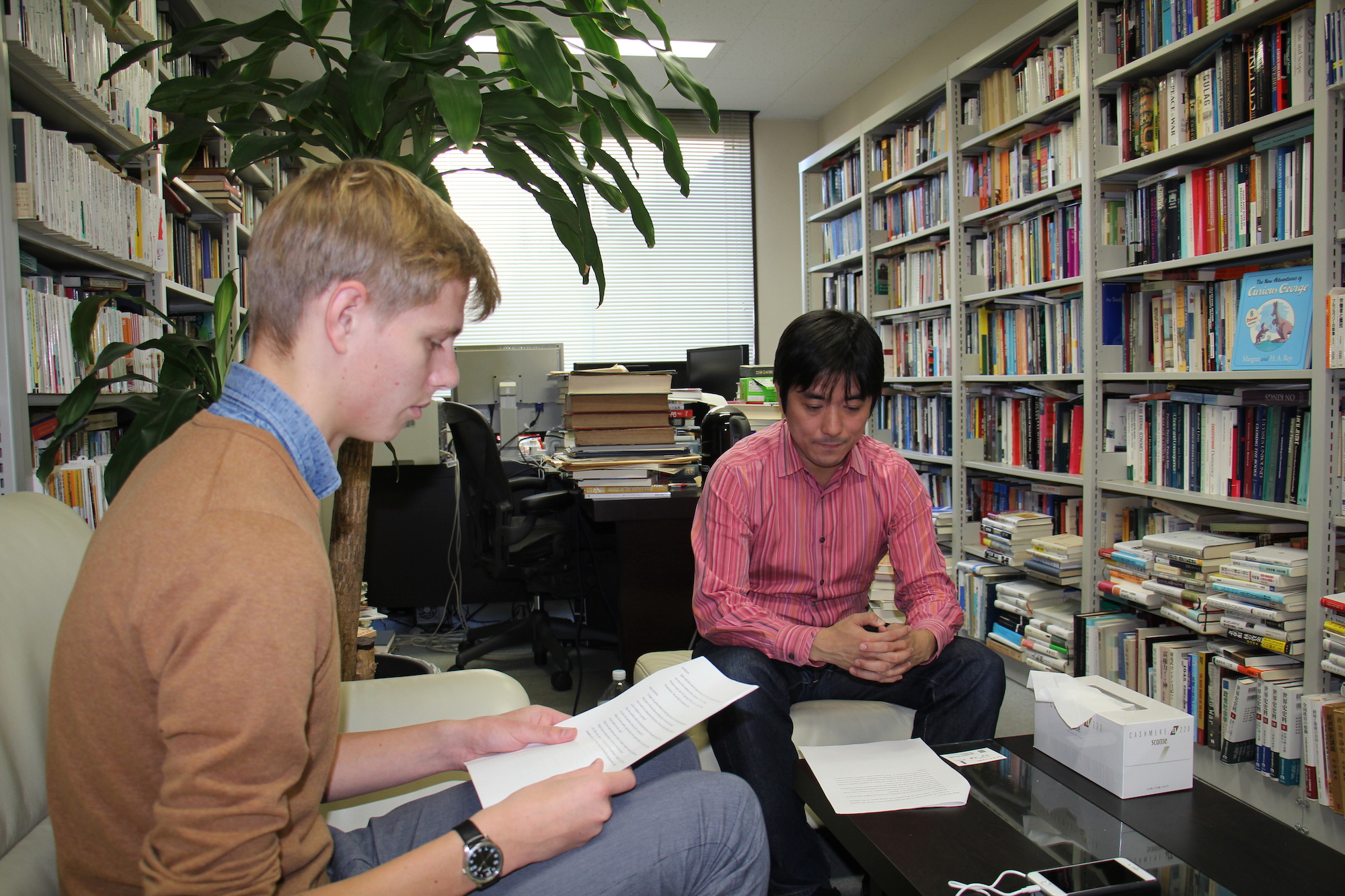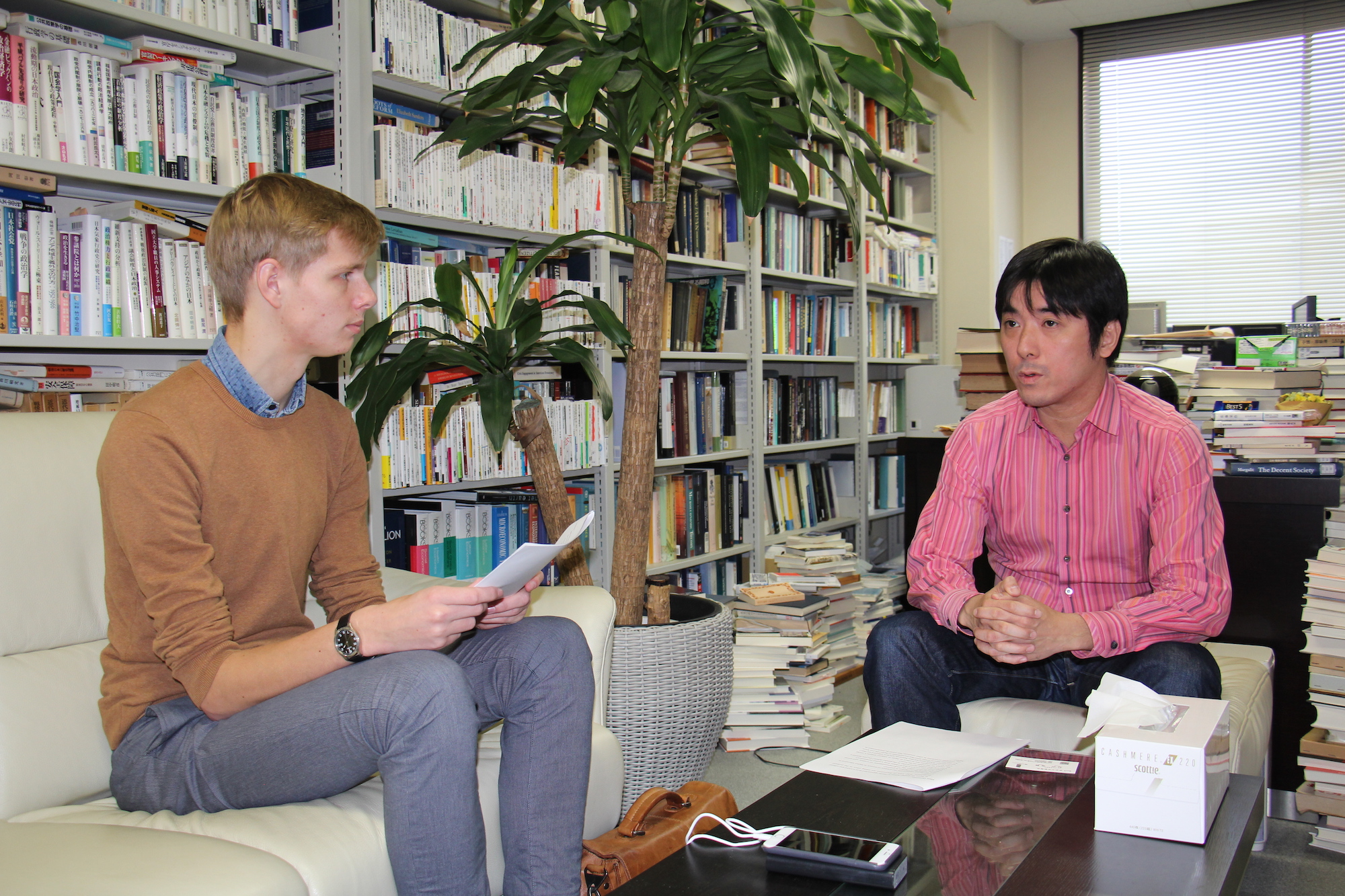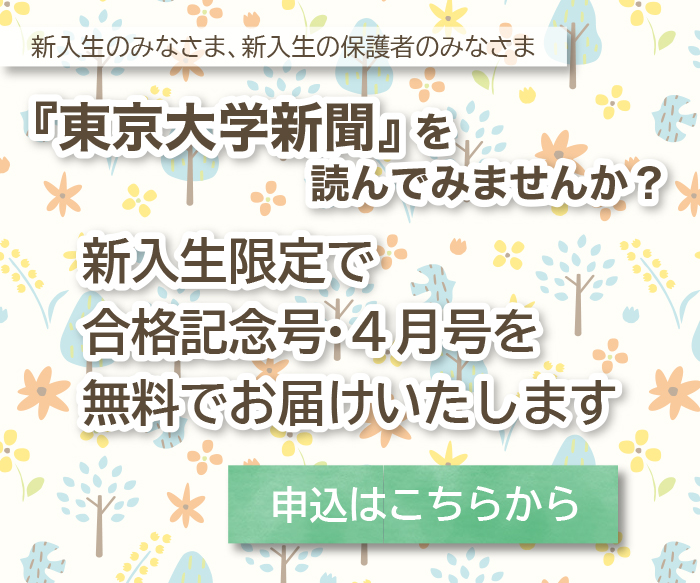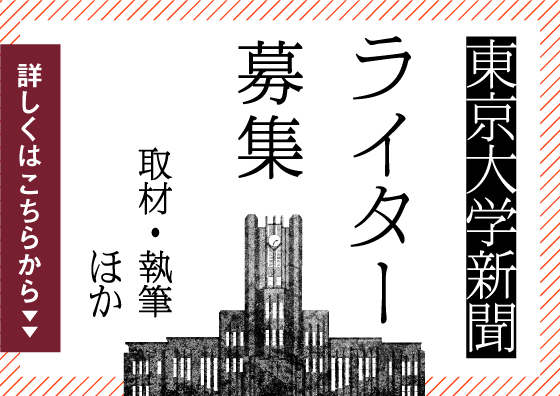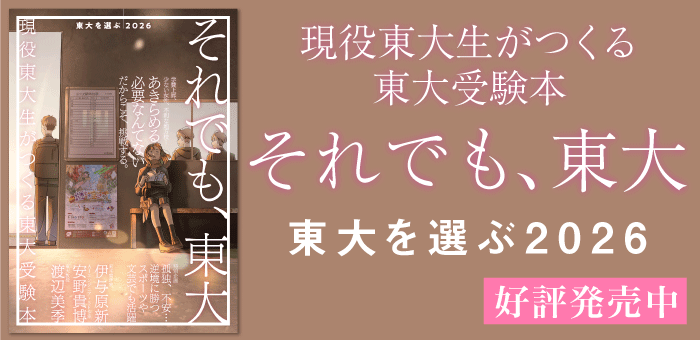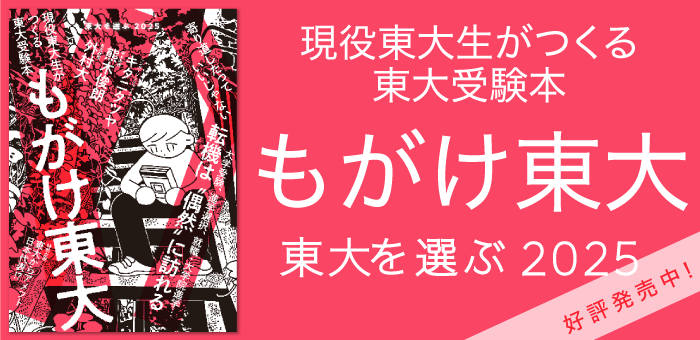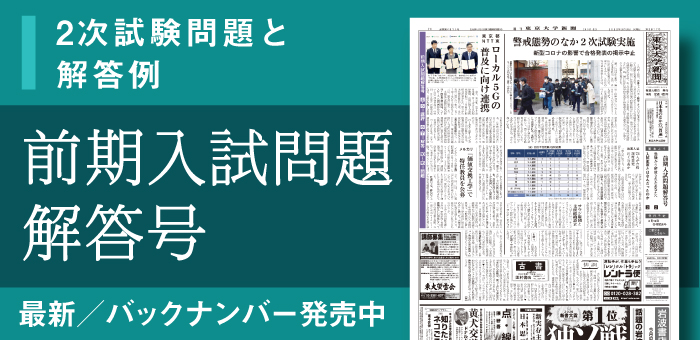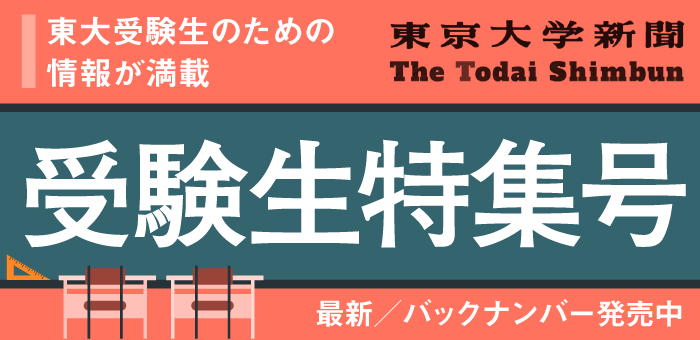In recent times, gender issues have captured the attention of the Japanese public, and we have discussed this topic with Chizuko Ueno, a famous sociologist and feminist in Japan. But how can we think about these issues from other points of view, and by doing so, what kind of problems and solutions can we find out? In this interview, we talked with Dr. Kentaro Maeda, who claims that women’s opinion cannot be reflected in the current male-dominated politics. We discussed political gender problems in Japan and the necessity of gender education.
(Interviewed and written by Meindert Boersma, Hideki Sugita Photoed and translated by Hideki Sugita)
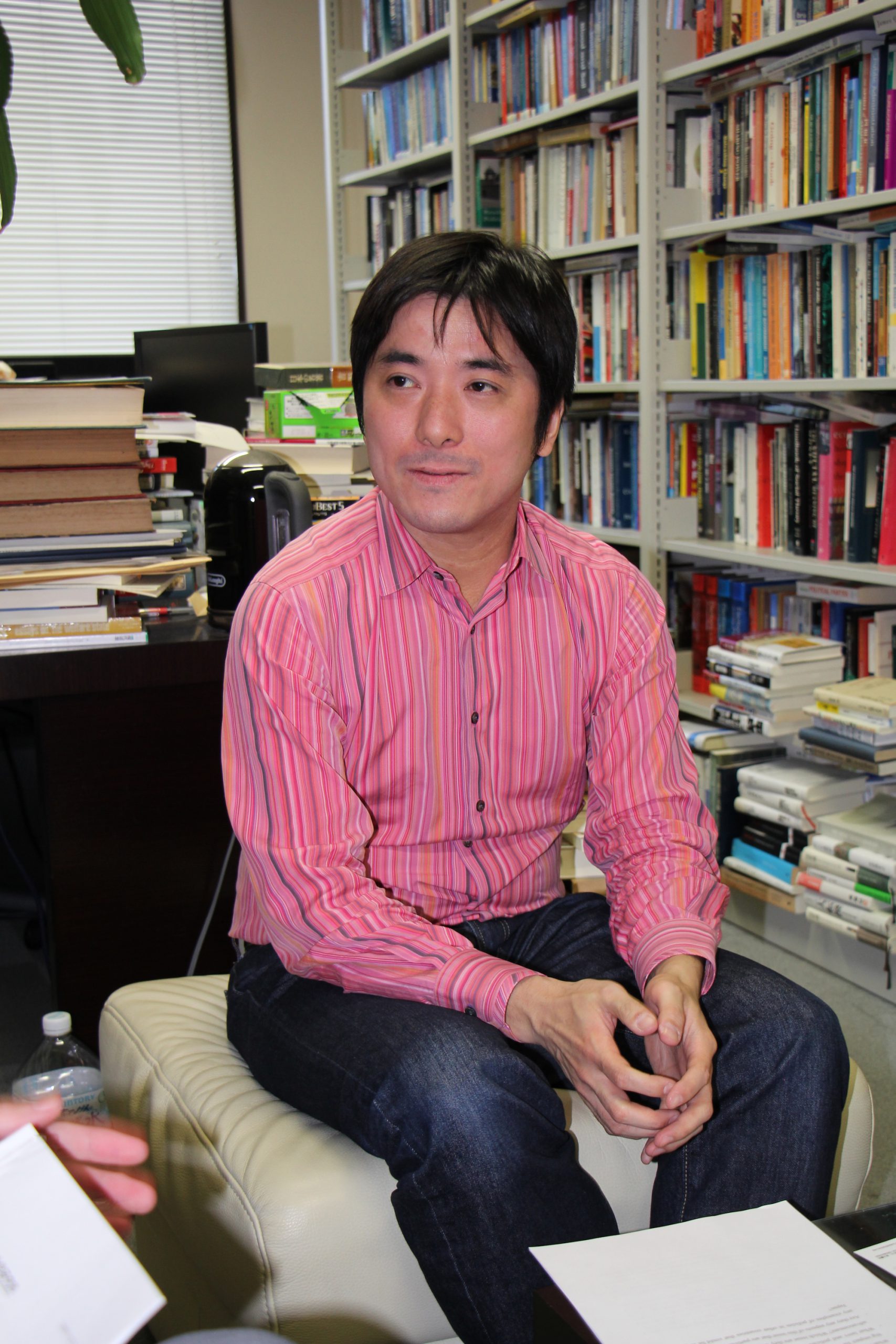
Gender issues in Politics
━━What would you say is at the core of the problem of gender inequality in Japan?
I think that the two spheres of social movements and the state need to be connected. The disconnection between them has a lot to do with how Japan’s political organizations like political parties and bureaucracies are structured. It’s a seniority-based system that tends to favor men over women, since women are more likely to have their careers interrupted by marriage and childbirth. By the time you achieve a position where you can make an impact, there aren’t many women left at the decision-making level. What this means is that people who have the power to make the policy decisions are heavily male dominated. Meanwhile, a lot of women are trying to make their voices heard at the grassroots level, but this sphere is disconnected from the state. Because these two spheres are disconnected, public policy is going to be directed at the needs of men, and the needs of women are going to be ignored. And because we don’t have a feminist movement having a big impact on public policy, issues related to women’s needs are not on the government agenda.
We can think about a number of examples. For example, at childbirth, most women will go through a so-called ‘natural childbirth’: they don’t use any anesthetics. In other countries, that’s taken care of by social insurance. In Japan, however, people have to pay it out of their own pocket, making it very expensive. Furthermore, not many facilities have the capacity to provide epidural anesthesia in the first place. For many women, childbirth is a physically painful experience, but for men this all looks “natural”. If men are just talking to other men, we are not able to think about this as a problem that needs to be tackled by social policy. To give another example, when women and men get married, most women need to change their surnames to get into the same resident registration system. A lot of women are very upset because they need to change their surname, which means changing their identity. Especially for people that work in sectors where name recognition matters, having to change their name is a huge loss. One simple way is to just allow different surnames for married couples. But that hasn’t been on the government agenda for a long time. We can think about these examples and ask ourselves why this hasn’t happened. First of all, politics itself is shielded off from civil society, where the feminist movement is at. Secondly, the politicians and the bureaucrats are male dominated, which means that certain things are going to remain off the agenda.
In Japan, policy is usually made by the bureaucrats, and then the politicians decide whether to approve it or not. Public opinion only makes an impact once politicians announce a policy. Basically, public opinion is effective when they want to push back against something, while it is not very good when no-one is leading it. Therefore, say, if Shinzo Abe says that he wants to revise the constitution, public opinion will be very effective at blocking him. However, if the public says we need more women’s rights, but there are no political leaders advocating that issue, there will be no discussion among those who are in the decision-making position. That is the problem of agenda power: until something is on the agenda, public opinion does not have the chance to make a difference.
However, public opinion does have some indirect effects. For example, Shinzo Abe has been saying for a long time that he wants to revise Japan’s Constitution, especially article number 9, but the majority of Japanese voters are against that. One of the major reasons for this is that the majority of women are against Abe’s proposal. Public opinion studies like Shiro Sakaiya’s Kenpo toyoron [The Constitution and Public Opinion] (Chikuma Shobo, 2017) has shown that there is a significant gender gap when it comes to Constitutional revision. Men tend to prefer a stronger defense policy, and are therefore more likely to favor constitutional revision compared to women. Probably Shinzo Abe thought that if he wanted to put his security policies into place and have it moved forward, he needed to have the support of women. And that’s how things have mostly worked. Shinzo Abe used to be known as a major anti-feminist when he became Prime Minister for the first time in the 2000s, but when he got back into power again in 2012, he began promoting Womenomics. By the way, another goal of Womenomics was that he wanted to look good in the eyes of Western public opinion. The Japanese government, especially Abe himself, has been fighting a so-called “war of historical memory” with South Korea over the comfort women issue, and whoever wins depends on which side the United States weighs in on. Up to now, the United States has so far been on the side of South Korea. Therefore, Shinzo Abe’s strategy for turning the tables was to promote women. It was not because women said they wanted more rights. It was because Shinzo Abe had other goals, and women were pushing him back. So women’s public opinion works best when they’re opposing Shinzo Abe’s policy objectives.
━━How effective are certain policies or laws that promote the position of women in Japan?
Not very effective. Not very effective in the sense that it’s only about creating targets and asking firms to promote more women into leadership positions. What this usually entails is that the firms need to change the way of its operation, and stop channeling women into “women’s tasks” and men into “men’s tasks”, really creating a level playing field at all levels. But right now, public policies aiming at change are not very effective because they’re aiming only at the top.
Amongst the advanced industrial countries, Japan is one of those countries where men don’t do housework at all, forcing women to face a huge burden at home. Once we have this condition, no matter how hard we try to promote women, women are asked to first of all work very hard at home, and then indeed work very hard at work. As a result, they’re going to get exhausted. What we don’t have enough right now is a policy to make men share the burden at home. Shinzo Abe’s Womenomics is being framed as a policy for women, but gender is also a problem for men. Right now, men are being asked to work at work, but then at home women will handle the household tasks. Unless this division of labor changes on the men’s side, things will stay as they are. Because women need to handle so much burden at home, no matter how hard companies try to promote women, women will just spontaneously abstain from handling an even heavier burden at work. Meanwhile, men are thinking that even though they’ve given them opportunities, women simply don’t want to jump on the opportunity, so it’s not their problem. But the real problem is at home. So how men make themselves handle the burden of housework and childcare is going to be a new issue that Japan will face in the years ahead. It’s not just about expanding childcare. It’s also about having more parental leaves for men. Maybe we need to make an obligation for men to take parental leave just like women do.
Another issue is education. We don’t talk about gender in Japan, even at the high school level. Since gender roles are based on socialization, we need to make students more conscious about this problem early on. To give an example, Japan has a huge porn industry, but we don’t have an adequate education policy related to sexual issues. Thus, boys don’t tend to encounter the huge world of the porn industry without having prior knowledge, easily being induced toward sexually objectifying women. We may have been afraid of talking about these things, but we should be more open about the challenges we face. Education will probably need to change because childhood socialization will matter for gender norms in the long run. Additionally, there is the problem of the law, where it’s very difficult for women to have their voices heard, for example when they’re subjected to sexual assault. Of course, these are just some of the examples here. Women face a much wider range of challenges in their daily lives.
My hope is that more people can join in this discussion. One thing puzzled me when I published a book on gender in 2019: Josei no inai minshu shugi [Democracy Without Women] (Iwanami Shoten, 2019). It sold very well, but a man writing about feminism and selling well is a very rare thing in other countries. I am a male academic at Todai, and that itself gives me a lot of credibility as an author. Whatever I write, some people would think “well that’s credible, it’s coming out of Todai”. What is problematic is that much of what I wrote in the book draws from feminists that have been making similar claims. What this means is that my book sales are based on me being a man. Thus, this is actually a reflection of gender inequality in Japan. So as long as my book sells well, we’re not out of gender inequality yet. But these days, I see a lot of female authors having their books selling very well too, so that’s an indication of change. Women are finally able to read books that can capture their own feelings, and that’s a ground for optimism.
Gender issues in Higher Education
━━How are the gender issues in politics and society reflected in higher education?
Women are having a hard time in education, but they’re going to have an even harder time in the workplace. And because of this difference between the school and the workplace, a lot of women become feminists once they’re in work. I usually do some gender mainstreaming in my courses, so I talk about gender around every one or two sessions. At this point, women are not exactly interested in what I have to say, and of course men are not interested at all. But then, once they graduate, an interesting thing happens: many of the women become feminists. And they tell me that they’ve now realized they’ve been treated unfairly this whole time. Maybe for women, they might not notice that they’re facing a huge disadvantage in Japanese society. And once they graduate, they will face an even tougher time.
At some prestigious universities like Todai, women don’t explicitly face gender discrimination, even though they’re outnumbered by men. For example, that doesn’t mean that they’re going to get bad grades for that. But then, when they’re trying to get into a corporation, women suddenly face all these middle-aged or elderly men. They ask them sexually inappropriate questions during interviews, for example. Certain tasks are designed for women, so once you’re a woman, you’re just going to be moving up this career ladder that is going to lead to a dead end. Or even if you work like a man and go up the company, but then you get married and have a child, we have something called a ‘mother’s track’ (mamī torakku), which means that once you have a child, you will slow down. You will work shorter hours, and you will get slower promotion. You don’t go out of the workforce, but you’re basically on the mother’s track. So you’re not promoted as if you were a father. That’s probably what’s going on in the Japanese workplace.
━━How do you think this issue can be addressed?
Especially at Todai, men need to be aware that it’s their problem. That’s something that’s very hard for men to understand in the beginning because men tend to think it’s a women’s issue. It’s true, it’s a women’s issue, but it’s also a men’s issue. And men are rarely aware that they’re being socialized into masculine roles. They think that they are just ordinary human beings, but it’s not true. They’re being socialized into a man. And so men, including myself, need to think about their worldview once in a while. Do you think about the future, and do you see your wife taking care of you and your child, your happy home, you know… Rethink that goal again. Do you see yourself, for example, doing housework in that happy picture, or do you think that you’re simply going to work, and the wife greets you at home? Does it mean that the wife is going to be coming home earlier than you? We need to think about these things, and I don’t think many men have this opportunity to think about gender the way they do when they should do, when they are at the undergraduate level. For example, if I were to change the curriculum, I would have gender education-related mandatory in every single department. Furthermore, the faculty at Todai is heavily male dominated. We need a more gender-diverse, gender-egalitarian faculty base, and then we need a more diverse set of courses.
━━What would you say students themselves can concretely contribute to the solution?
There isn’t much male students can do immediately, but one thing they can change is their ordinary interaction with female students. At school and outside the school, men tend to mansplain everything to women. Maybe we can stop doing that. Maybe we can listen to what women have to say. That’s the first thing we can do. And if we have more women’s voices inside and outside the classroom, maybe your college experience will get enriched. That’s going to be my advice.



